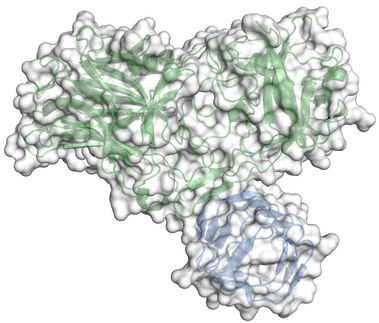Emergent BioSolutions and HPA Announce Botulinum Vaccine Collaboration
Botulism Ranks in CDC's Category "A" Threat List for Bioweapons
Advertisement
Emergent BioSolutions and the British-based Health Protection Agency (HPA) announced a two-year collaboration for the development of vaccines to prevent botulism.
These two leaders in biodefense vaccines have long-established capabilities in the prevention of botulism dating to the 1950s. In a series of agreements, Emergent and HPA committed to the sharing of technology and expertise to develop both toxoid and recombinant botulinum vaccines. There is currently no licensed vaccine in the world to prevent botulism.
"This collaboration represents a significant move forward in the development of a vaccine to prevent the deadly disease botulism," said Emergent BioSolutions CEO, Fuad El-Hibri. "Botulism is ranked just behind anthrax and smallpox in terms of the threat it poses as a potential weapon of bioterror."
The initial objectives for these programs will be the development of both multivalent botulinum toxoid vaccines and multivalent recombinant botulinum vaccines. The botulinum toxoid vaccine under development, which targets a number of serotypes, is derived from a pentavalent botulinum toxoid vaccine previously produced by Emergent. That vaccine has been used in more than 11,000 people for more than 30 years under INDs held by the Centers for Disease Control and Prevention (CDC) and the U.S. Department of Defense. The toxoid vaccine is manufactured from native botulinum toxin using methods similar to those used for the production of other licensed toxoid vaccines, including vaccines such as tetanus that have been in continuous use worldwide for more than 70 years. Emergent expects that this program offers the fastest and most reliable route to producing an IND stockpile and for ultimate regulatory approval of a multivalent botulinum vaccine.
The recombinant botulinum vaccine development program, which is at an earlier stage, targets specific serotypes. This development program will use recombinant technology to express the non-toxic LHN portion of the toxin molecule for use as the vaccine antigen. The LHN recombinant vaccine may possess significant advantages over vaccines based upon the Hc portion of the toxin. Initial data has demonstrated efficacy in a variety of animal models and has shown advantages in stability, immunogenicity, and the potential for multivalent formulations.























































